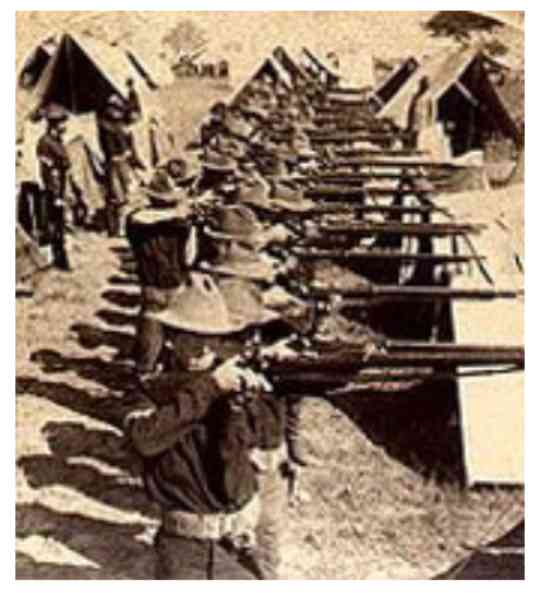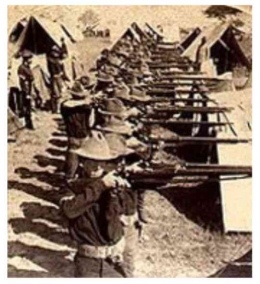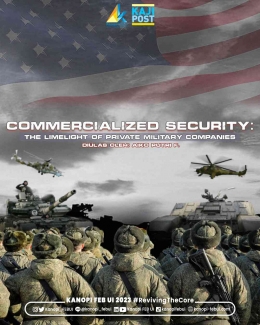Do you know how America became a global superpower? Well, dissecting the tale would take days. Long story short, American expansionism, which of course did not occur overnight, is one of the biggest revolutions in world history. Starting with the battles of Lexington and Concord until World War II, the United States showed practically all of the characteristics of a great power; it stood ahead or nearly ahead in terms of population, geographic size and location on two oceans, economic resources, and foremost, military power.

The modern United States is the most powerful country in human history with over 800 military bases and 37% of global military spending. In 2022, the US spent roughly $800 billion on its defense. That is more than China, India, the United Kingdom, Russia, France, Germany, Saudi Arabia, Japan, and South Korea combined.
Due to its superiority in terms of security and the military, America was able to retain its position as the world's superpower while continuing to actively manage international affairs. In a similar manner, in order to retain their hegemonic positions in world affairs, Russia and China also continue to build up their armed forces.
Now, what would happen if the military and security were privatized? Privatization of force alters who is a superpower. So suddenly we are getting into a world where the super-rich can become superpower, say, by the middle of this century, ExxonMobil can have its own army. Likewise with Elon Musk.
Private warfare is coming back into the 21st century, as it has always been in human history. Who are these mercenary groups, and why are they making a comeback?
What is a "Mercenary"?
Global in scale, private security has grown to be a huge business. No one truly knows how many billions of dollars slosh around this illicit market. Business is blooming, that much is certain. Major mercenary activity has been observed recently in Yemen, Nigeria, Ukraine, Syria, and Iraq. As evidenced by the conflict in Syria, many of these for-profit warriors are superior to local militaries, and some of them can even compete with America's most elite forces.
Who exactly qualifies as a "mercenary" is a subject of debate among experts. Due to the stigma attached, those in the industry, their clients, and some outside experts avoid using the "M" word and instead refer to these private-sector fighters as private military contractors, private security companies, private military companies, private security/military companies, private military firms, military service providers, operational contractors, and contingency contractors.
In simplest terms, a mercenary is an armed civilian paid to do military operations in a foreign conflict zone. Mercenaries are distinguished from military and armed non state actors like terrorists by the fact that their primary motivations are profit rather than politics. Large private military businesses have even had their stock traded on Wall Street and the London Stock Exchange. Mercenaries have been around for as long as private citizens have been willing to fight for money.
A Constant in History: Mercenaries Have Always Been Around







